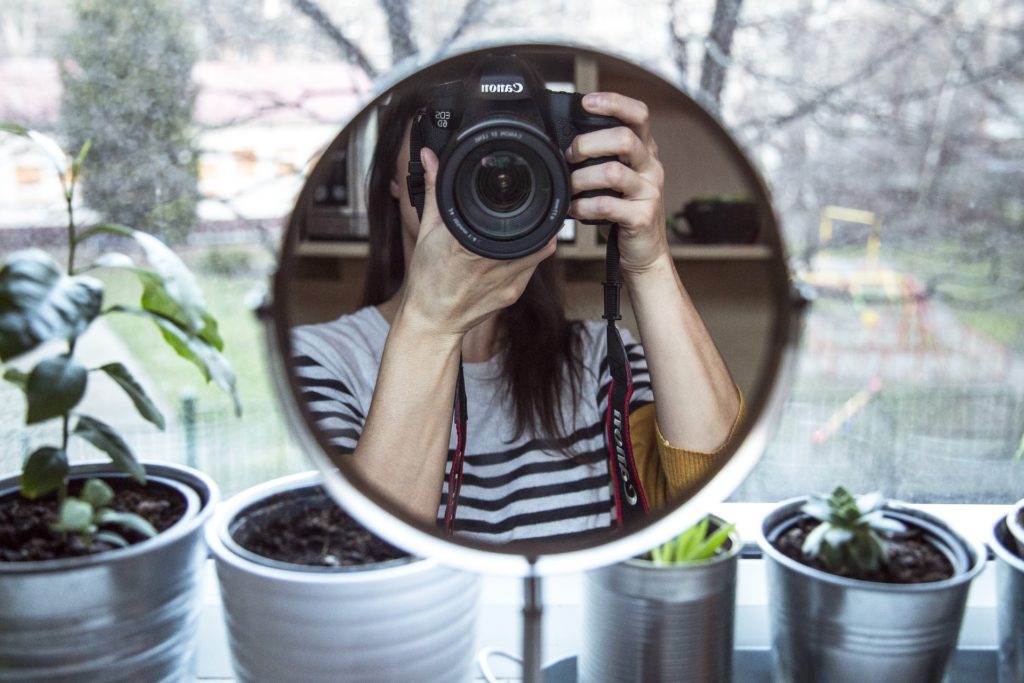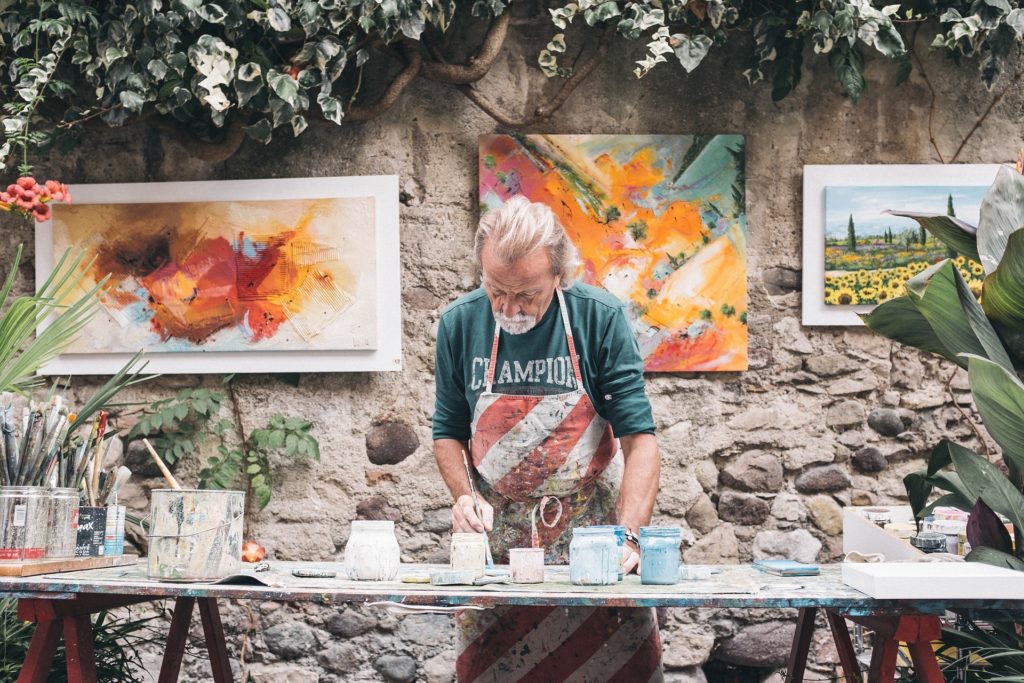How Social Media Can Decrease Happiness – Part 1: Sharing Yourself

Depression among young people has been dramatically rising over the past 10 years and no one really knows why. There are many possible reasons, and the answer is probably a combination of a few of them. However, one thing we know is that in the past 10 years, technology, smartphones and social media have also been greatly on the rise. To make the conclusion that higher technology use is causing more depression is a big leap in logic and the research has not yet shown proof of causation. However, it isn´t unreasonable to look at these two trends and conclude that they are at least somehow connected. In this series of blog posts I´m going to explain what I personally believe are a few specific ways in which higher social media and smartphone use are negatively affecting mental health. I´m not going to cite much research here as these are more my personal thoughts on the topic, however if you want a more academic perspective on these issues, I invite you to check out the publications recommended in the Reading List.
Post 1: How social media turns us into a product

In the past, many indigenous people were afraid of having their photographs taken because they believed photographs took a piece of the soul. With social media, that metaphor is one way to look at things – posting photos of you or your family or your personal life can be compared to constantly ¨breaking off pieces¨ of your self and giving them to other people. Those people can then do what they want with the pieces – love them, hate them, berate them – and the self becomes a commodity at the mercy of its users. When you post online, you lose the piece of information about yourself that you release because you no longer have control over what happens to it, what is said about it, or how it is used.
Social media has become a marketplace where people are the product and attention is the payment. To get “paid” more you have to cater to what the market wants. However, often that may not coincide with what you want or who you are. But because attention means relevance and validation, things most people crave and that are especially important in our modern lives, to gain it we start to make adjustments to our product, ourselves, just like any successful company must do to succeed. Changes may start small, justified as insignificant or as “no big deal because everybody does it”, posing a certain way outside one’s comfort zone, posting a joke that is likely to get a laugh but maybe isn’t our sense of humor, doing something uncharacteristic of you because it’s popular, etc. But these small compromises add up. And soon it can lead to a slew of conscious or subconscious questions:
- Did I do that because it’s me or because I just want the attention?
- What do I actually think or like?
- What do people think about me? Do they think I’m cool? Do they think I´m pathetic?
- Am I selling out for attention?
- Who am I, really?

Once you create a product out of yourself via social media, just like all products, you become susceptible to pressures of the market. You begin looking at your competitors and what they’re doing, you start comparing your life with theirs, trying to imitate them. This further increases the adjustments you make to yourself, so you can keep up with the trends and audience demands, and eventually the question of “who am I, really?” can become difficult to answer. Self doubt and self-consciousness can become significant issues that lead to anxiety and depression.
Social media can also lead to an addiction-like hunger for external validation. You post things to get likes because likes mean that other people approve of and are interested in you. That´s fine as long as you are happy with the number of likes you get or the number isn´t important to you. But what if you get accustomed to a certain number of likes and then you get less than that? You may find yourself feeling disappointed and wondering – why? What happened? Am I uglier than before? Am I less interesting? Have people stopped caring about what I post because others are better? And once again, you may begin to think about what you can change so that you get more likes the next time.
The validation-fueled comparison between yourself and others or yourself and your past self can often lead to feeling dissatisfied with your current life, yourself, and what you have to offer. There will always be someone more attractive, more successful, living a more interesting life (or appearing to), getting more likes, etc. When you enter the social media race and see yourself far from the frontrunners, it can lead to feelings of inferiority, depression, and hopelessness. You might think ¨___&___ are doing so much better than me, I´m not good enough.¨
But it´s important to remember that a life is more than a set of photos, and every photo has a story behind it (as well as quite a bit of photo editing). What we see is often not the reality of X person´s life, but there is no way to know so we make assumptions and end up feeling not good enough in the process. For people who get too caught up in the social media life, it can become a toxic experience.

Sure, creating a product out of yourself can potentially be beneficial professionally and economically if it helps you sell something or gain a reputation, but it can take a toll on emotional health if you are too invested in it. We can look at artists as an example. If an artist paints only what is fun for them they are unlikely to make a lot of money, whereas painting what the market demands will make them more successful. However, artists who paint what they want and what inspires them are probably much more likely to be satisfied with their art and to be happier (unless of course their lack of income has put them on the streets).

How you approach social media, like all things in life, depends on what you prioritize (attention vs self-sufficiency, public relevance vs private satisfaction, etc). But it´s also important to be aware of what you give up in pursuit of your goals, and what the race to achieve those goals does to your wellbeing. In the end, the overarching goal is happiness and self-love, so it makes no sense to sacrifice that along the way.




Recent Comments